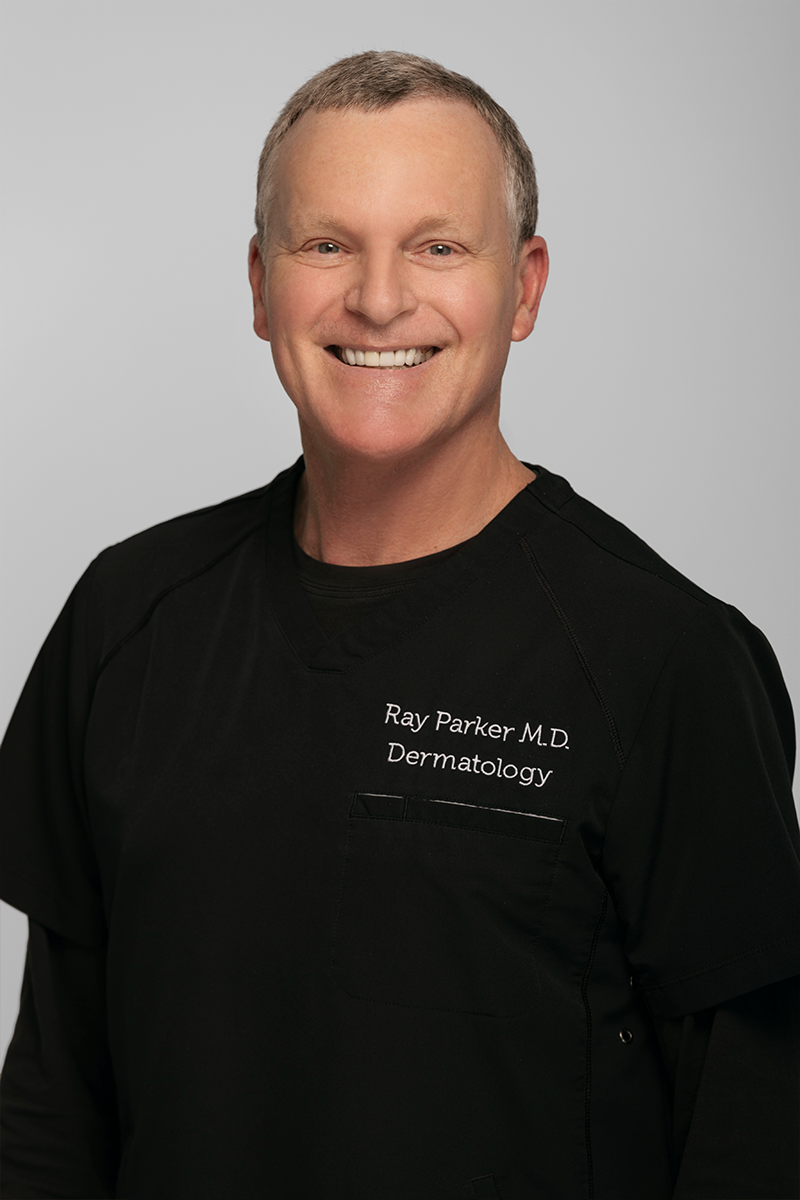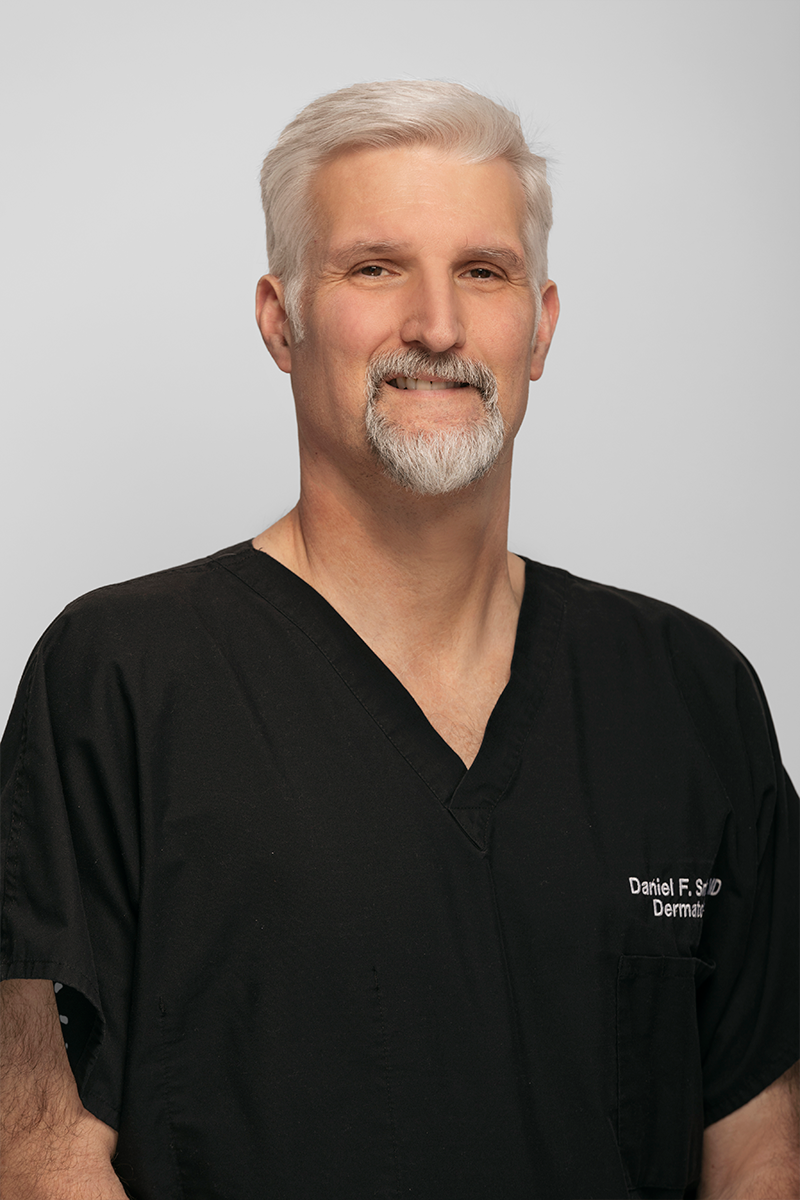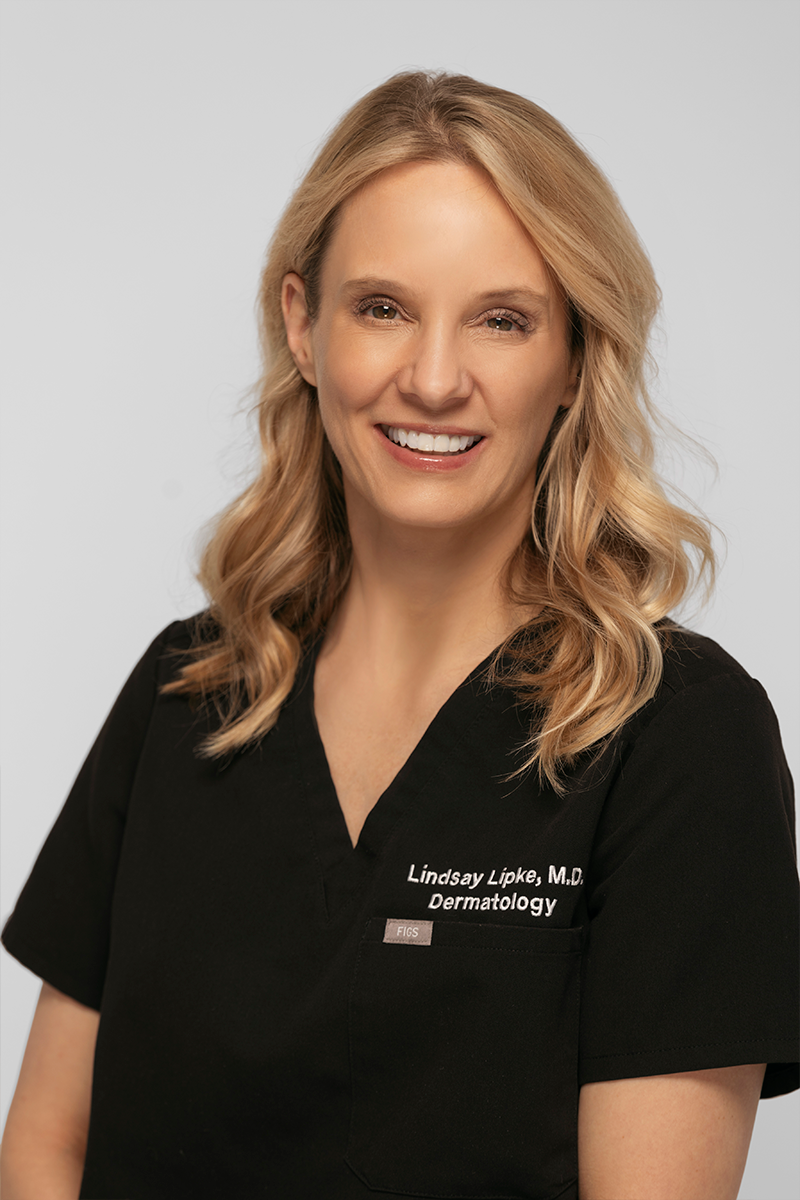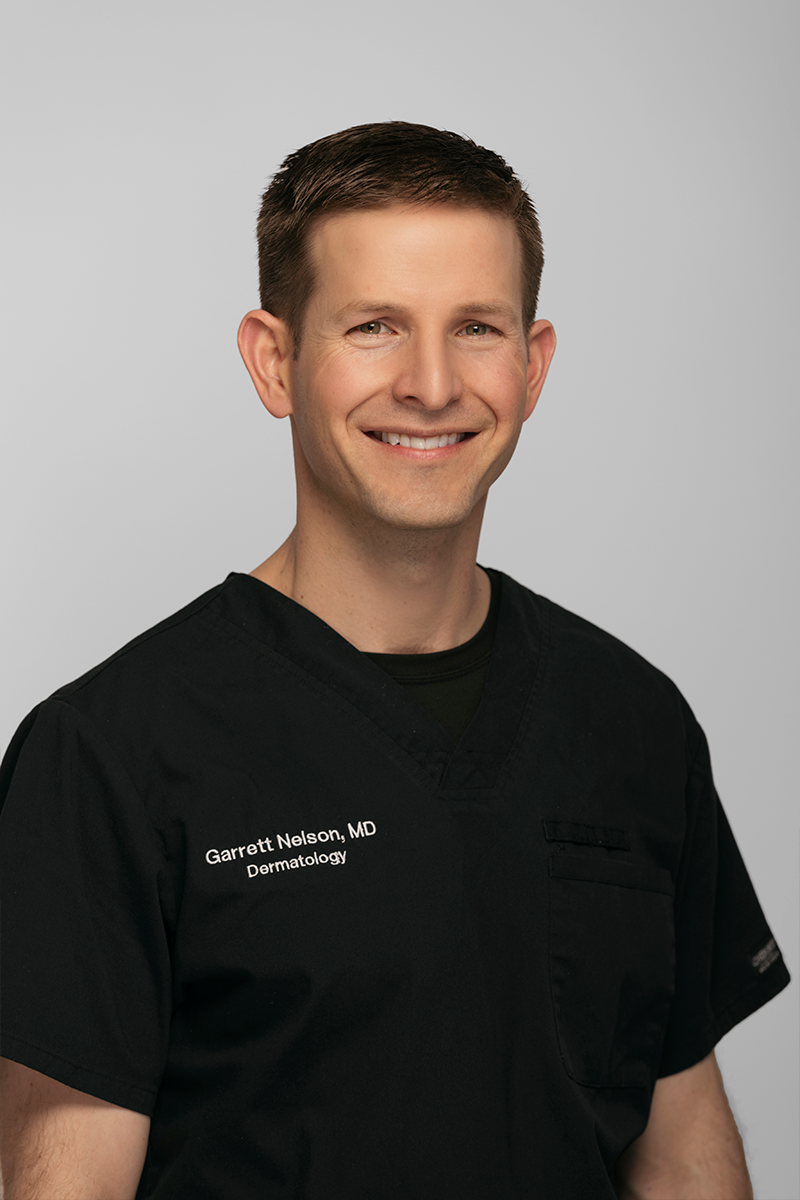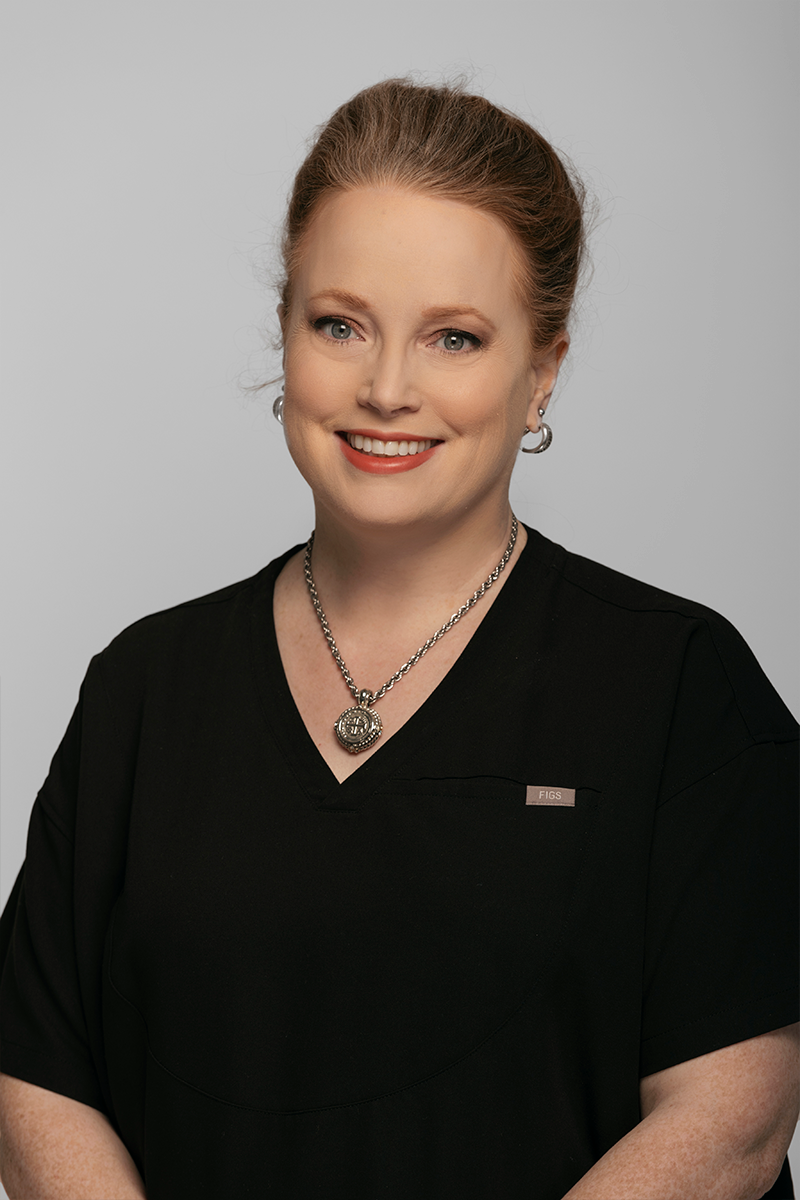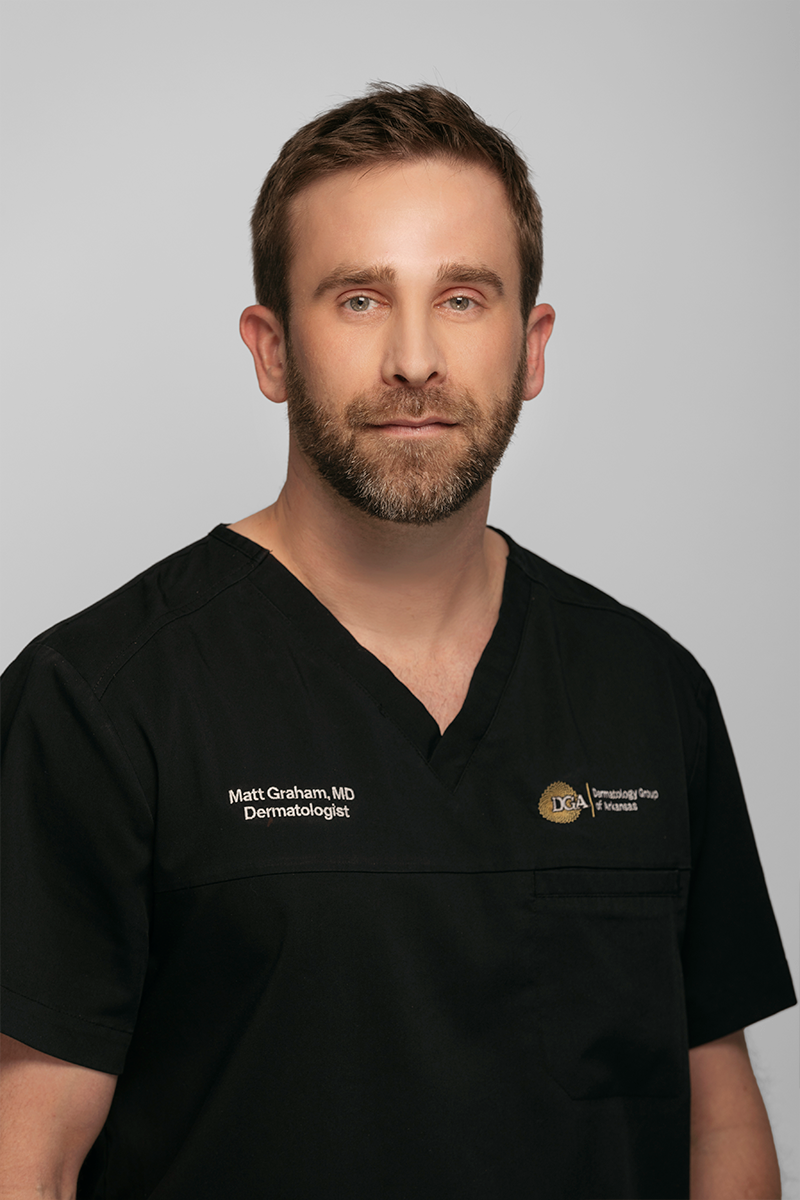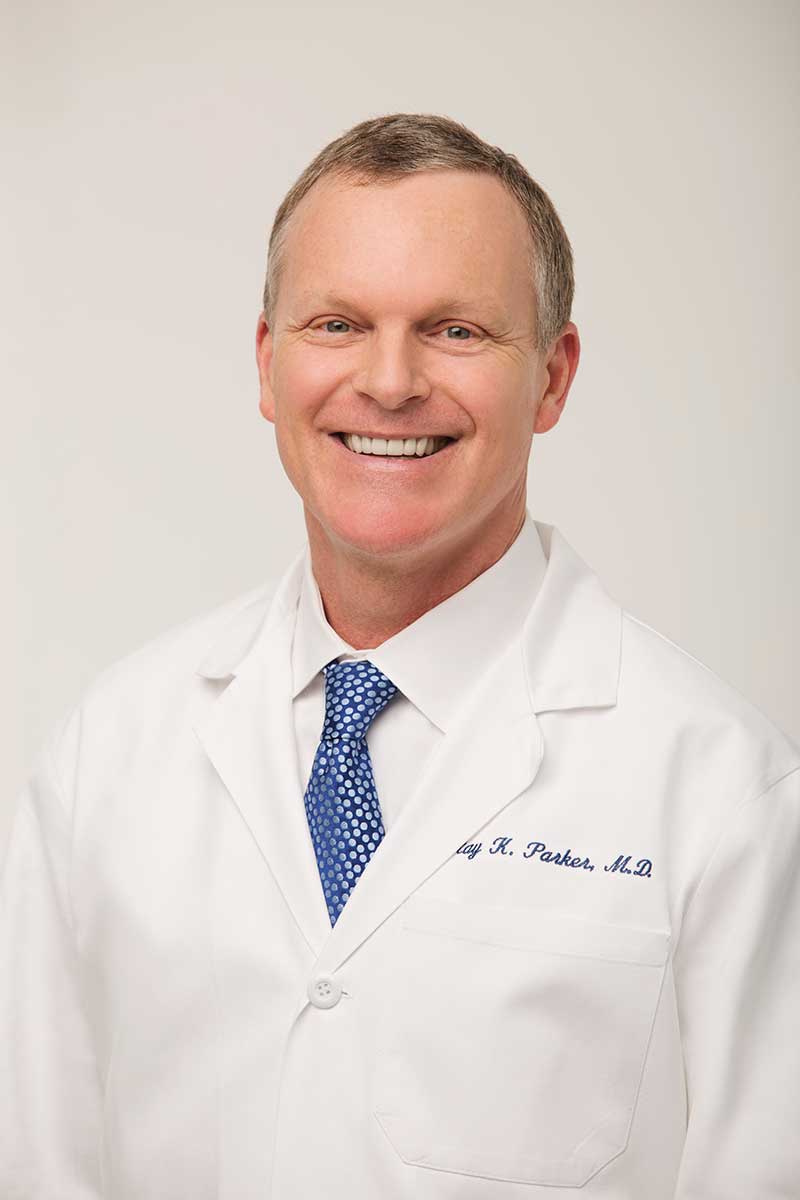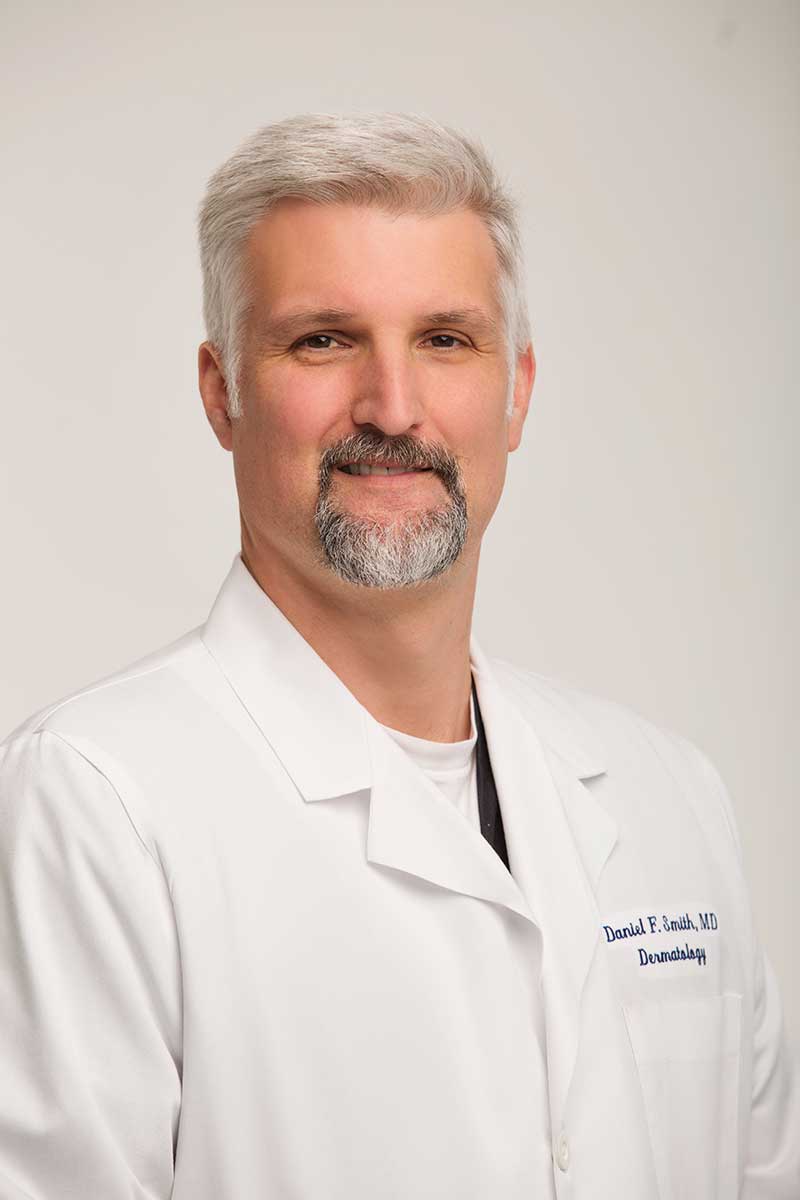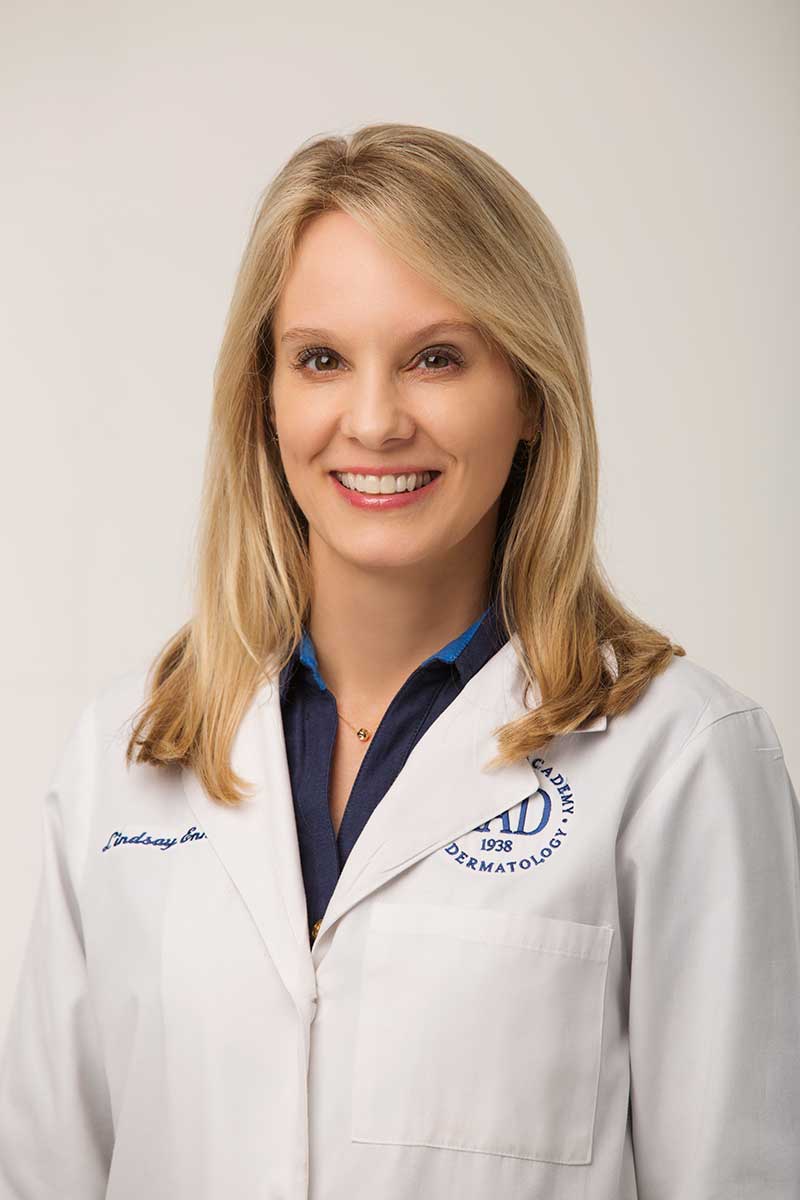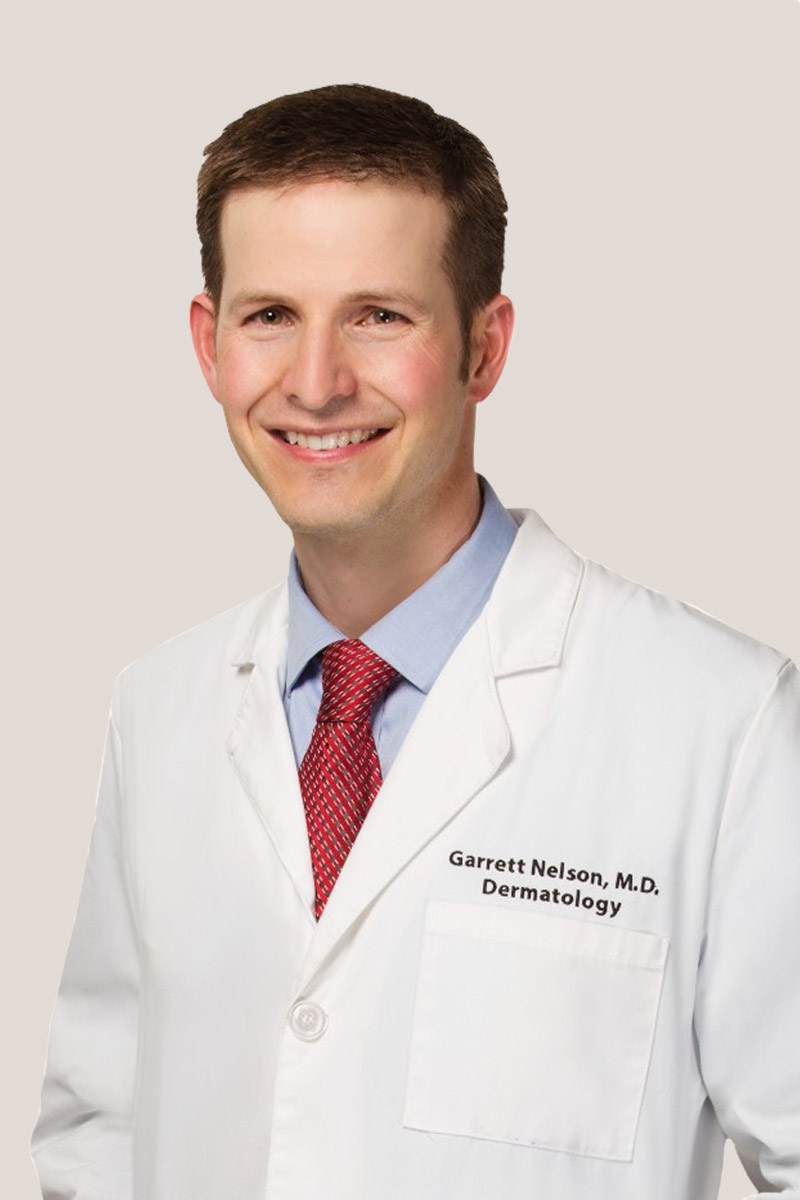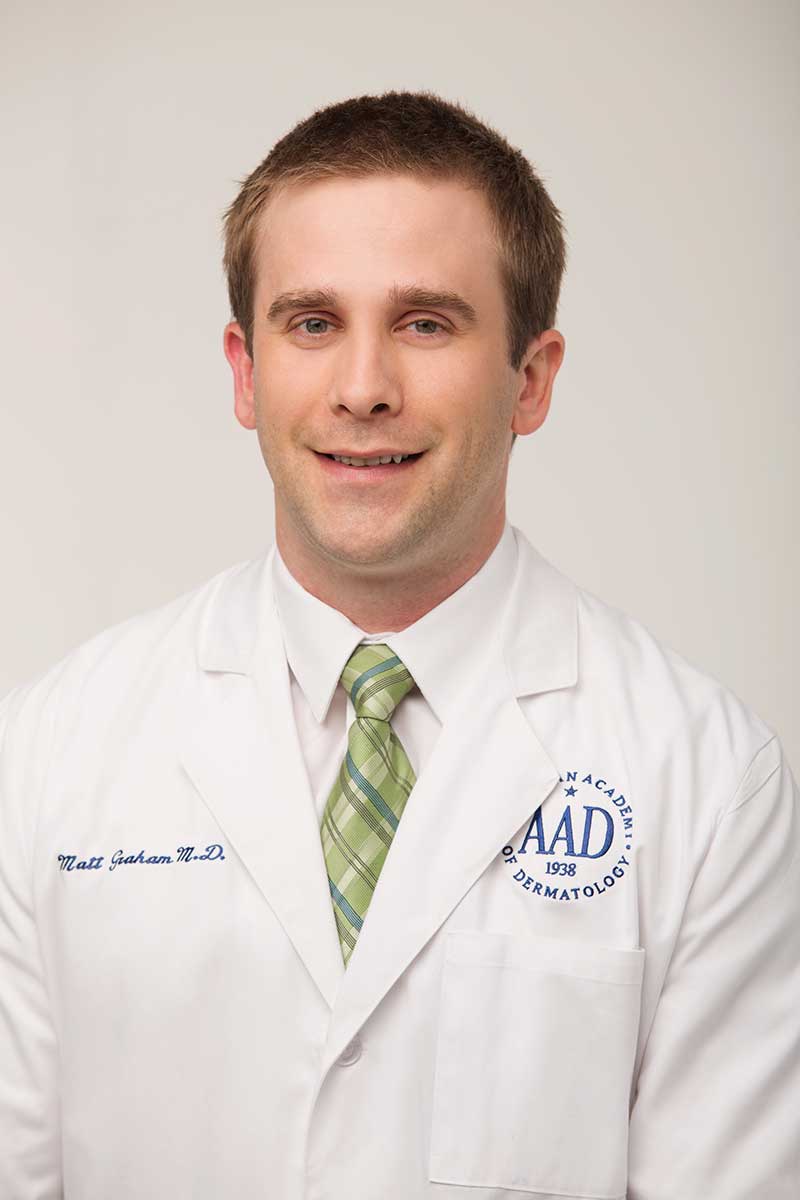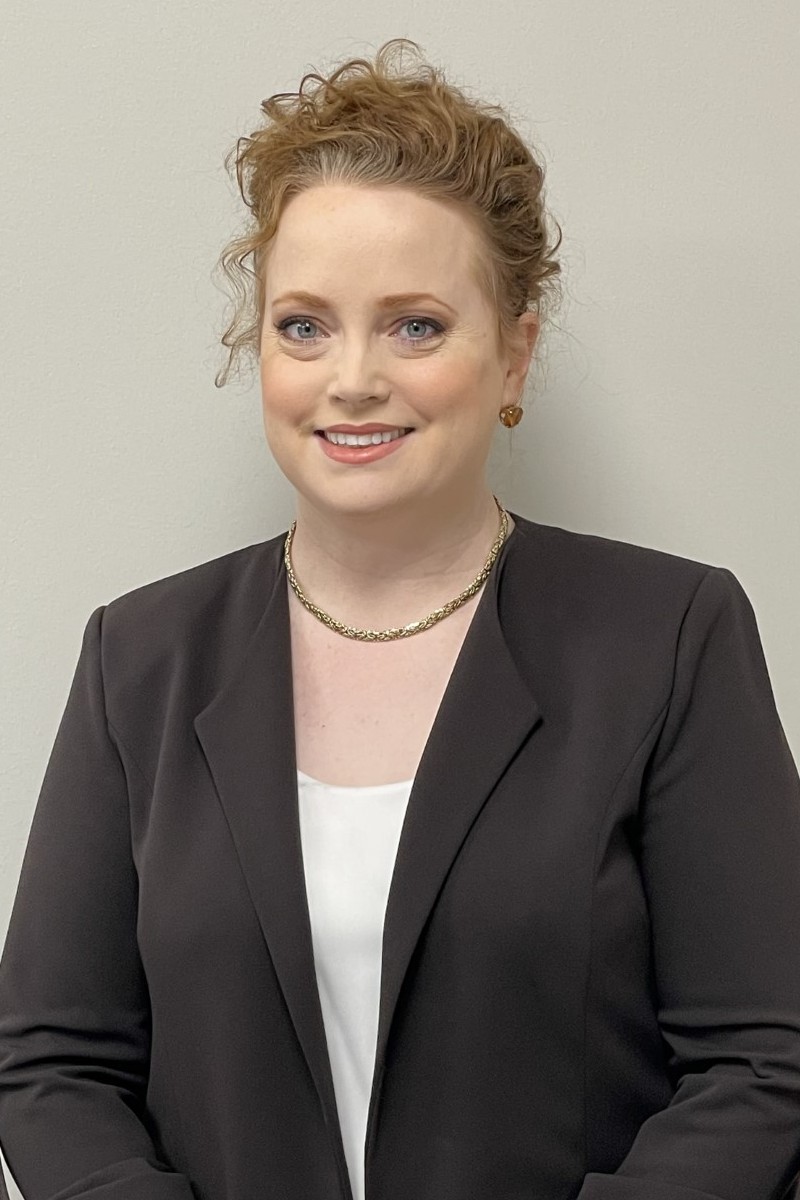The Best Ways to Prevent Basal Cell Carcinoma Skin Cancer
Learn Tips to Protect Against Skin Cancer in the Little Rock Area
Skin cancer is preventable in most cases. For patients who are seeking advice about how to prevent cutaneous cancers, such as basal cell carcinoma skin cancer, our Dermatology Group of Arkansas team can provide expert advice.
Contact Us Today
Schedule your consultation to get more advice about different types of skin cancers, including basal cell carcinoma skin cancer, for the Little Rock area, all of Central Arkansas, and beyond today. Call Dermatology Group of Arkansas at 501-227-8422 or fill out a contact form to request a consultation if you would like to find out more about skin treatments.

How to Avoid Basal Cell Carcinoma Skin Cancer
Basal cell carcinoma skin cancer or BCC skin cancer is the most common type of skin cancer. It develops in the basal cells that are located at the base of the epidermis, often appearing as a thin yellow mark, a reddish patch, a clear pearly or waxy bump, or an open sore that doesn’t heal. Basal cell carcinoma skin cancers that form on other parts of the head often look similar to a wart, crusty spot, reddish patch, mole, or sore that doesn’t heal.
Certain individuals – including those with lighter hair and eye colors, people who experience heavy UV exposure, those with a family history of skin cancer, and those with a high number of moles on their skin – are the most at risk for skin cancer.
Applying sunscreen each day can significantly lower your risk of skin cancer compared to applying it intermittently. Sunscreen is one of the most well-known options for preventing basal cell carcinoma skin cancer. Although sunscreen is critical, there are also some other effective ways to help lower the risk of skin cancer.
Limiting your exposure to sunlight is important. We recommend that you simply seek shade during the peak hours of sunlight, between 10 a.m. to 4 p.m. roughly, avoid tanning and never use tanning beds, cover up with sun-protective long- sleeved clothing, wide-brimmed hats, and sunglasses, and avoid getting sunburned. You may want to schedule your outdoor activities for other times of the day. Ensure that you are using SPF 30 or higher, broad-spectrum sunscreen and apply it at all times of the year even during the winter and on cloudy days. Check your skin regularly and report any changes to a dermatologist. Avoid smoking and exposure to certain harmful chemicals that are known to increase the risk of basal cell carcinoma skin cancer.
Treatment of Basal Cell Carcinoma Skin Cancer
Our practice specializes in skin cancer treatments for basal cell carcinoma, squamous cell carcinoma, melanoma, and more, including curettage and Mohs surgery. For basal cell carcinoma skin cancer that is developing on a low-risk area, we may recommend standard surgical excision.
Basal Cell Carcinoma Skin Cancer: Which Other Medical and Cosmetic Treatments Are Available?
Along with treatment and care of basal cell carcinoma skin cancer, Dermatology Group of Arkansas also provides medical treatments for other skin conditions such as psoriasis, rosacea, and eczema.
Cosmetic treatments to improve the appearance of your skin are also available, including BOTOX®, an injectable that reduces dynamic wrinkles linked to habitual facial expressions and hyaluronic acid fillers – gel-like substances that add volume to reduce wrinkles and refine facial contours.
Meet Your Doctors
Meet Your Doctors
Meet Your Doctors
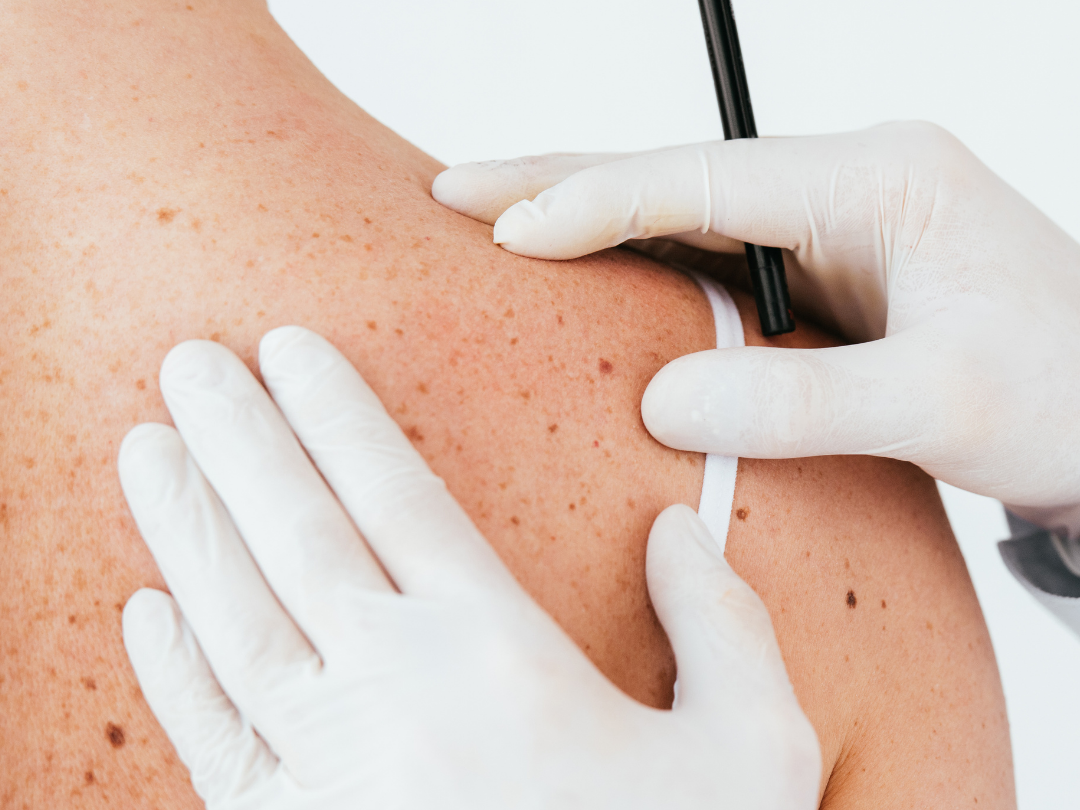
Contact Us Today
Contact the Dermatology Group of Arkansas if you would like to discuss basal cell carcinoma skin cancer in the Little Rock area. Call 501-227-8422 or submit a contact form to request a consultation.
Stay In Touch
Our team at Dermatology Group of Arkansas is looking forward to hearing from you and building a relationship to help you get your best skin possible. Follow us online, reach out to us directly to set up a meeting, or both!

